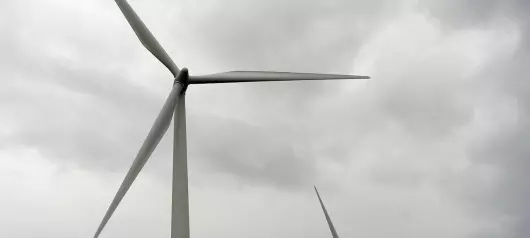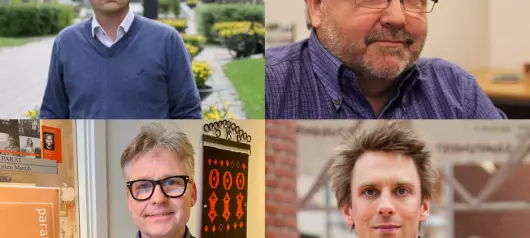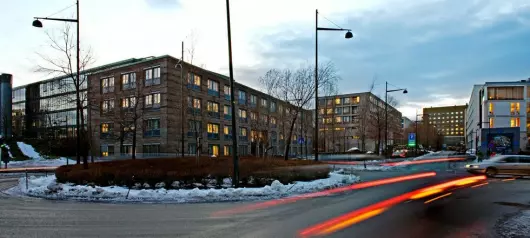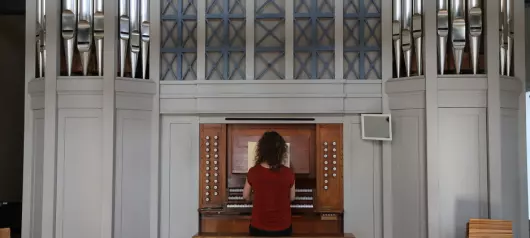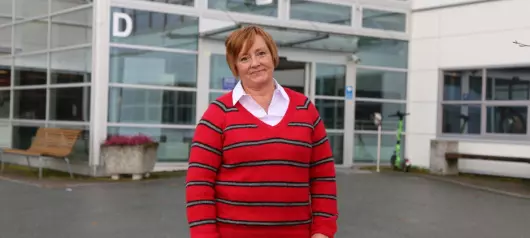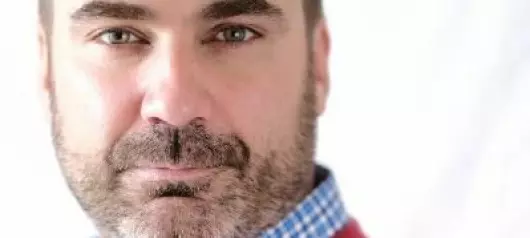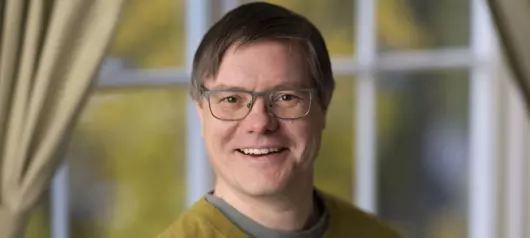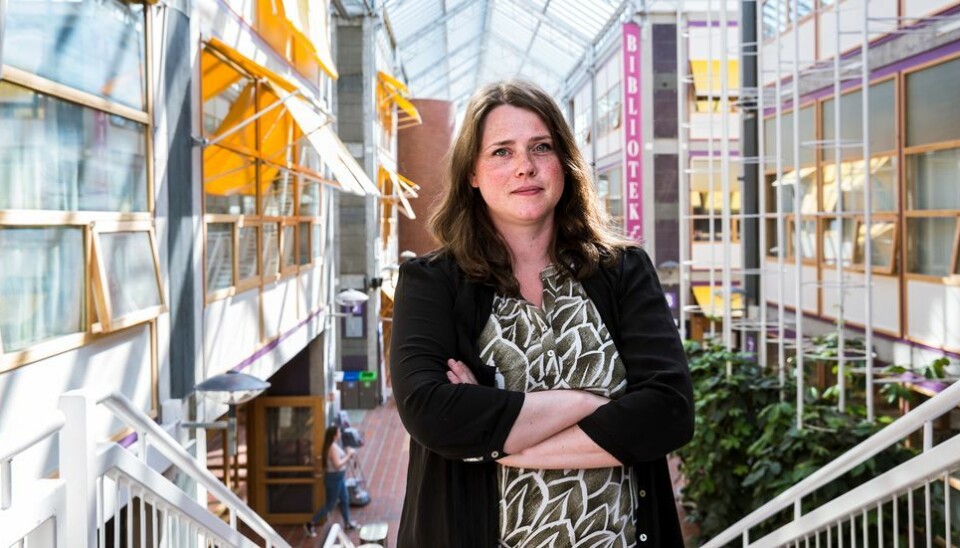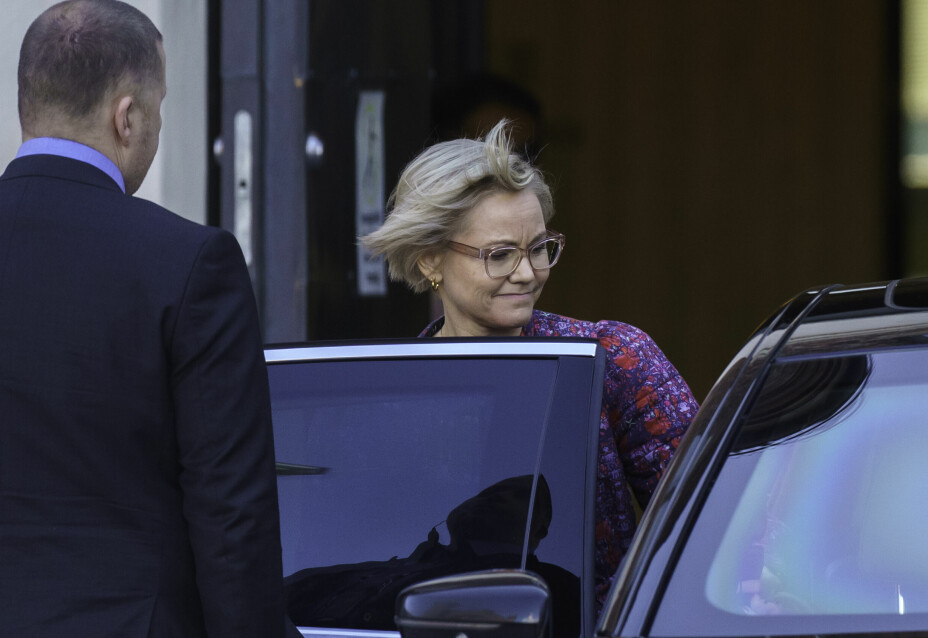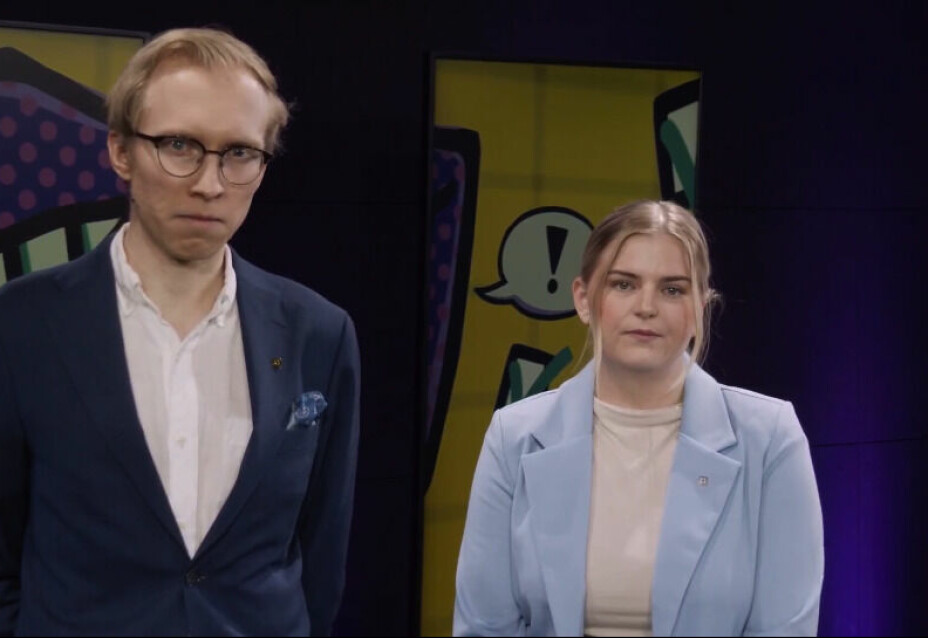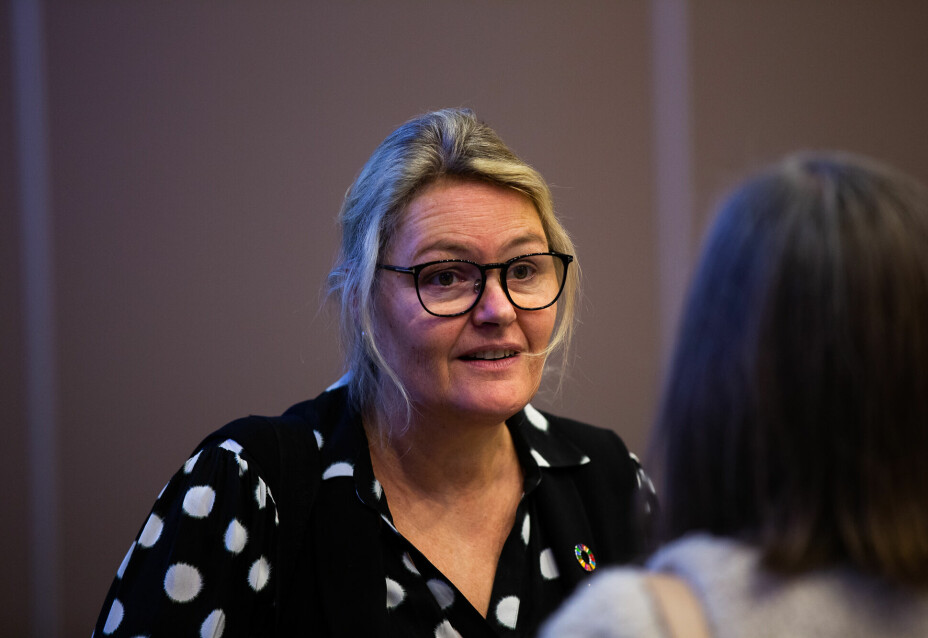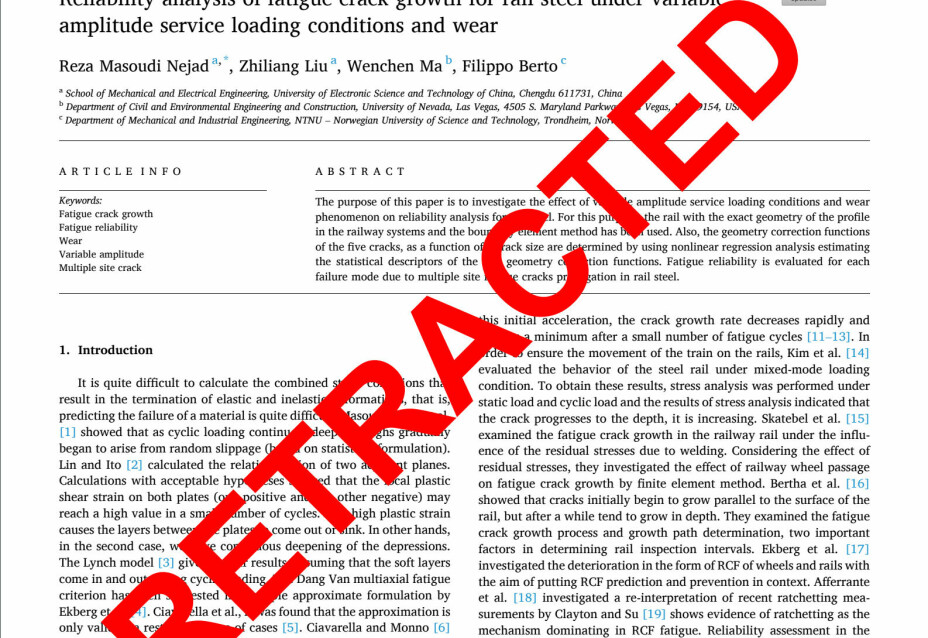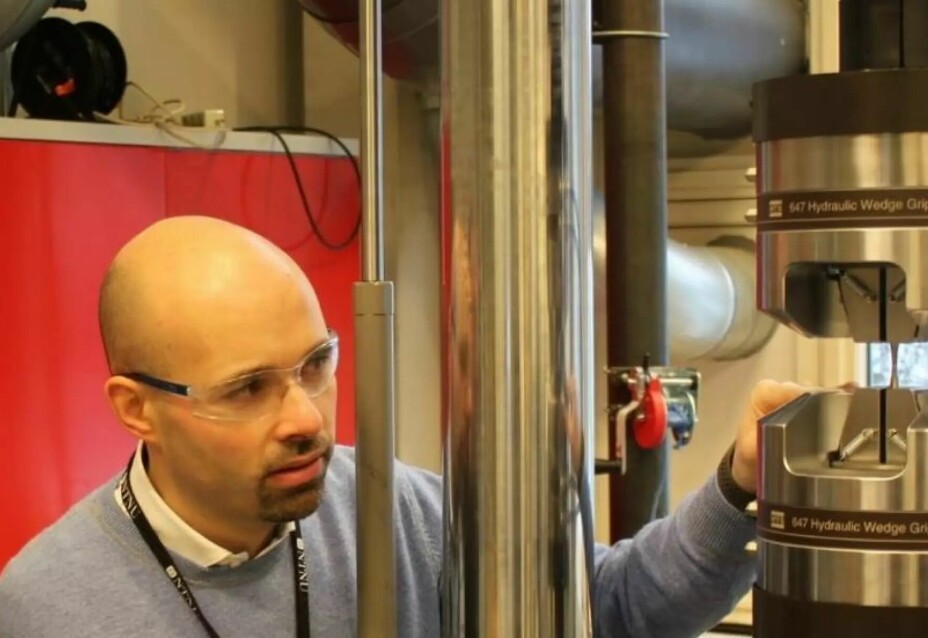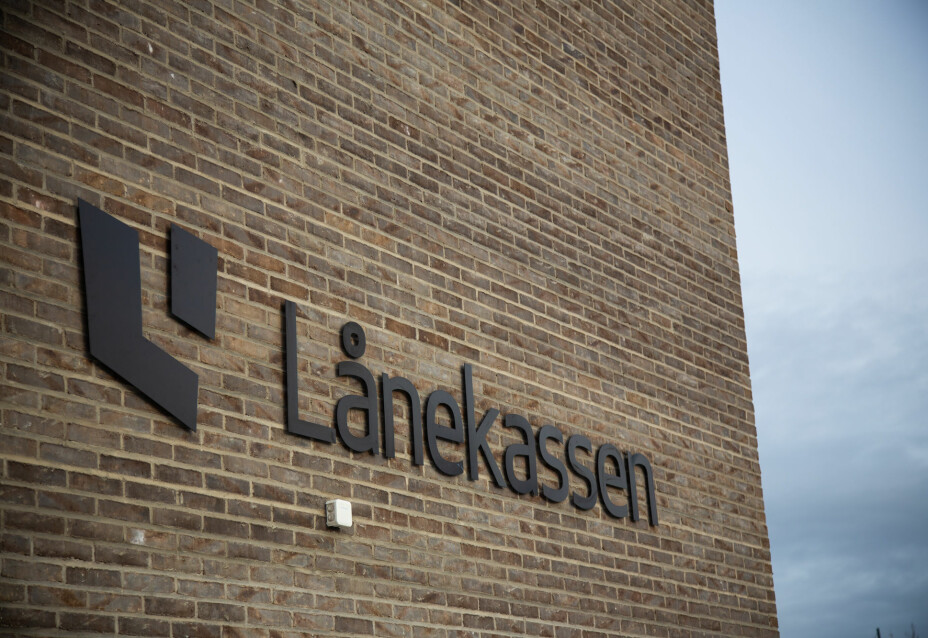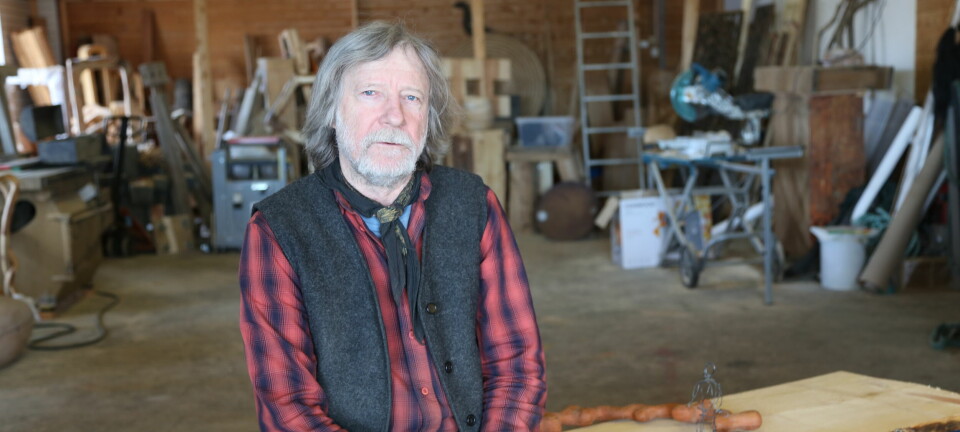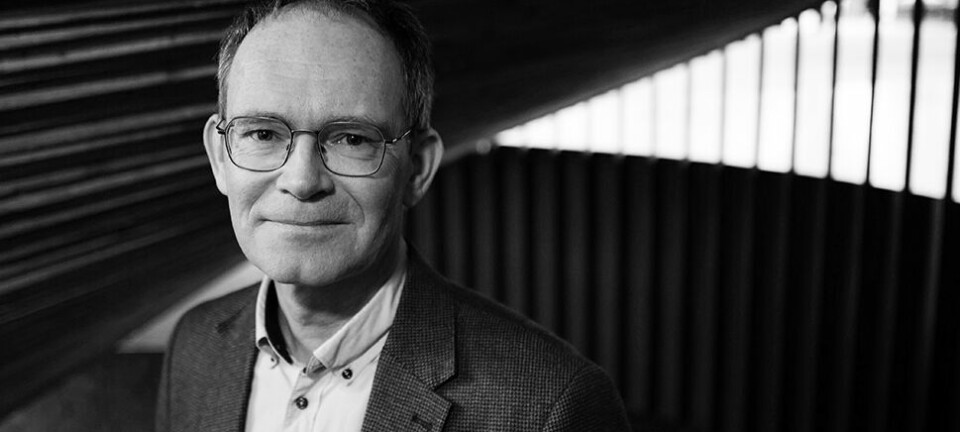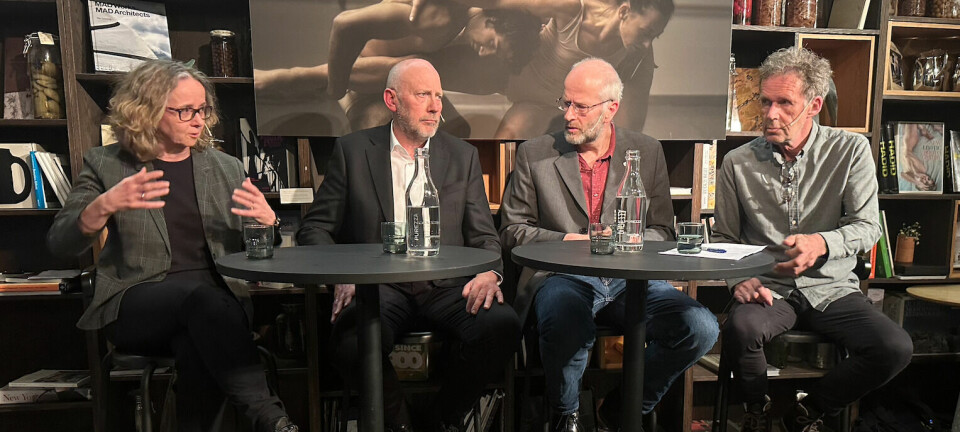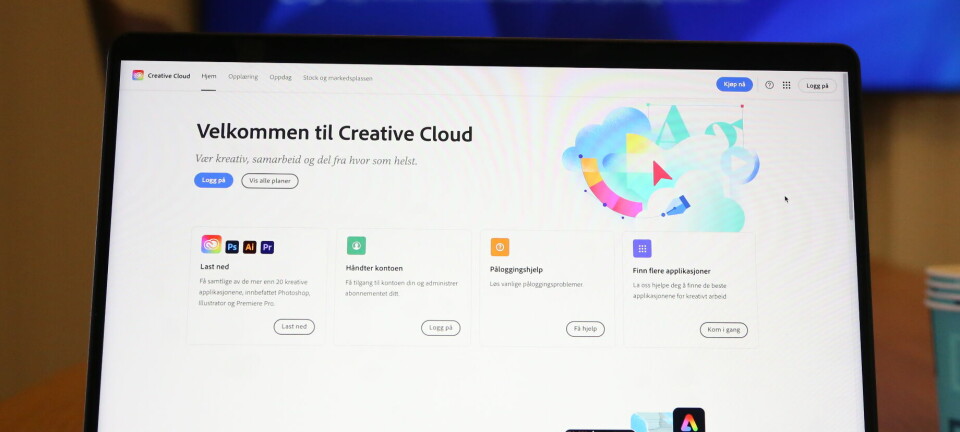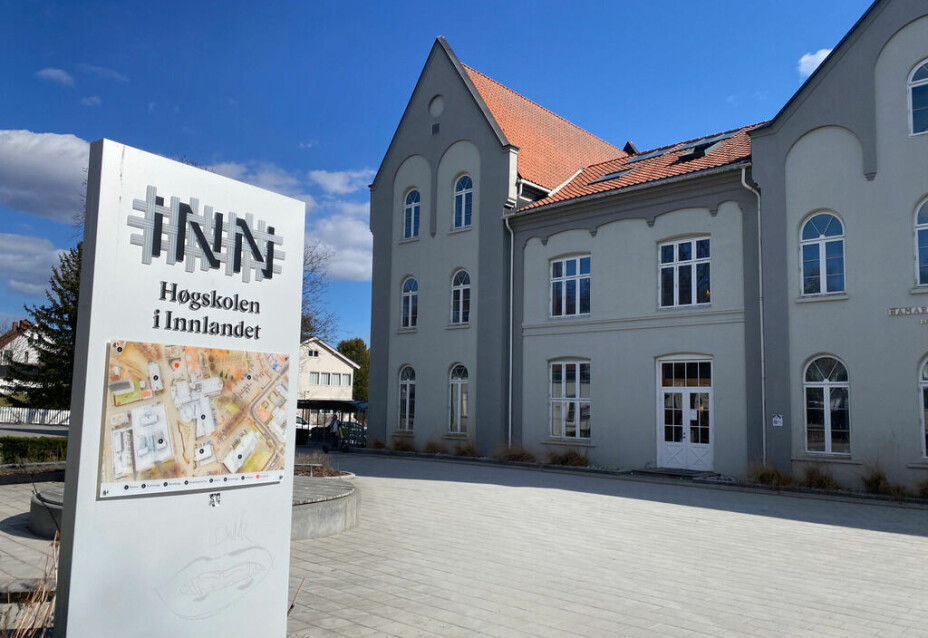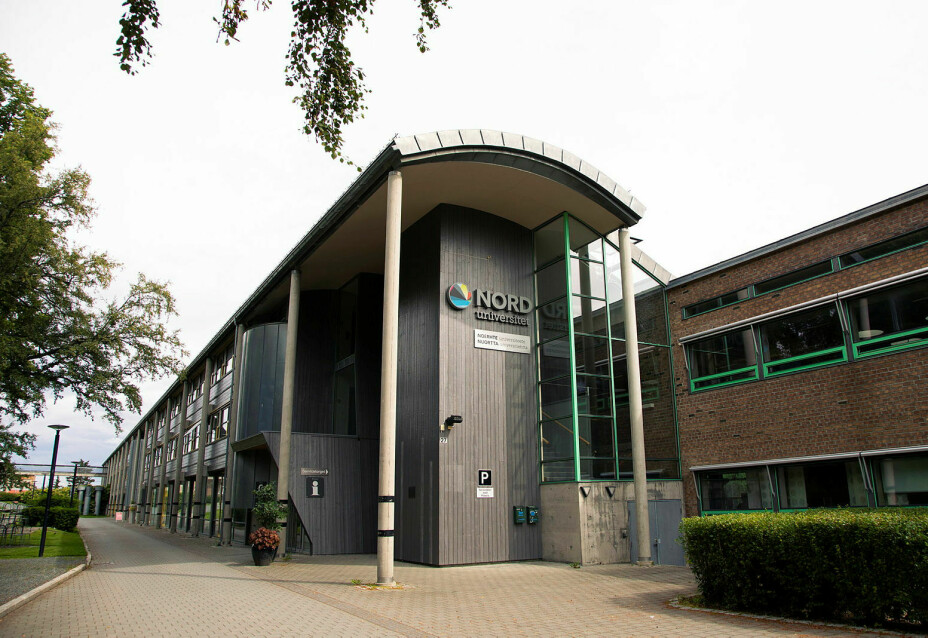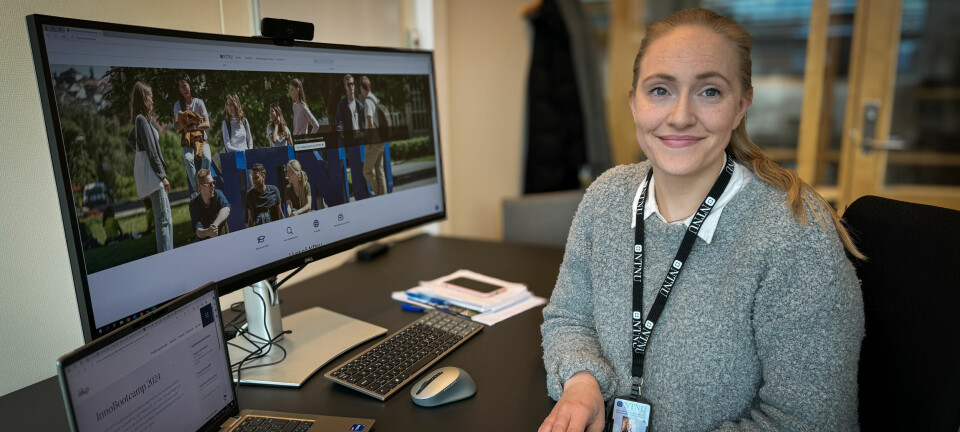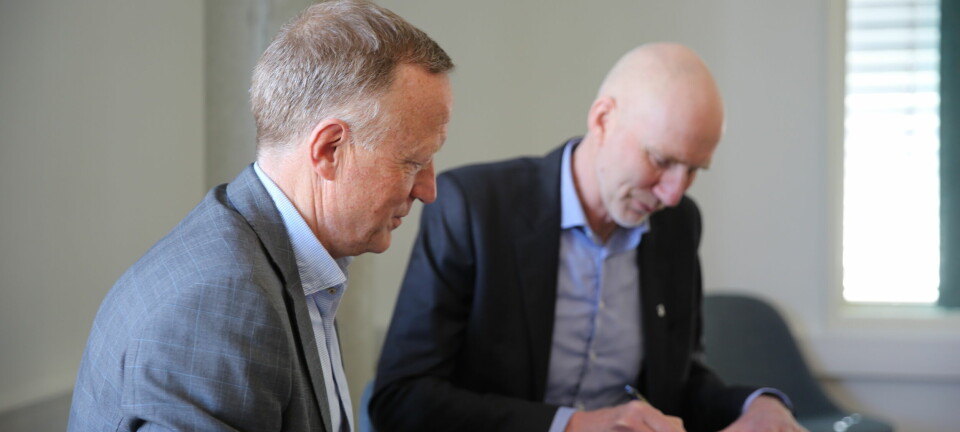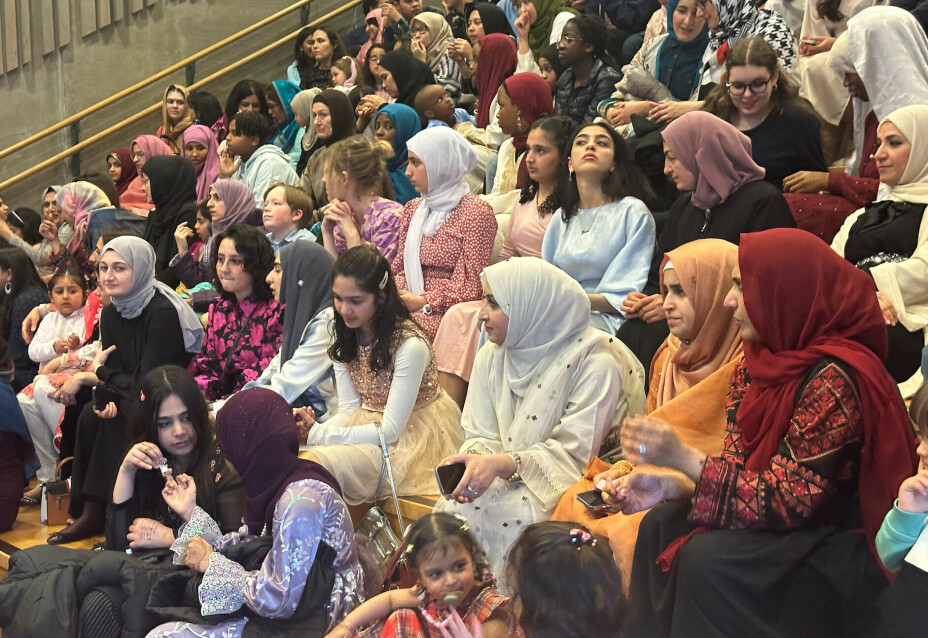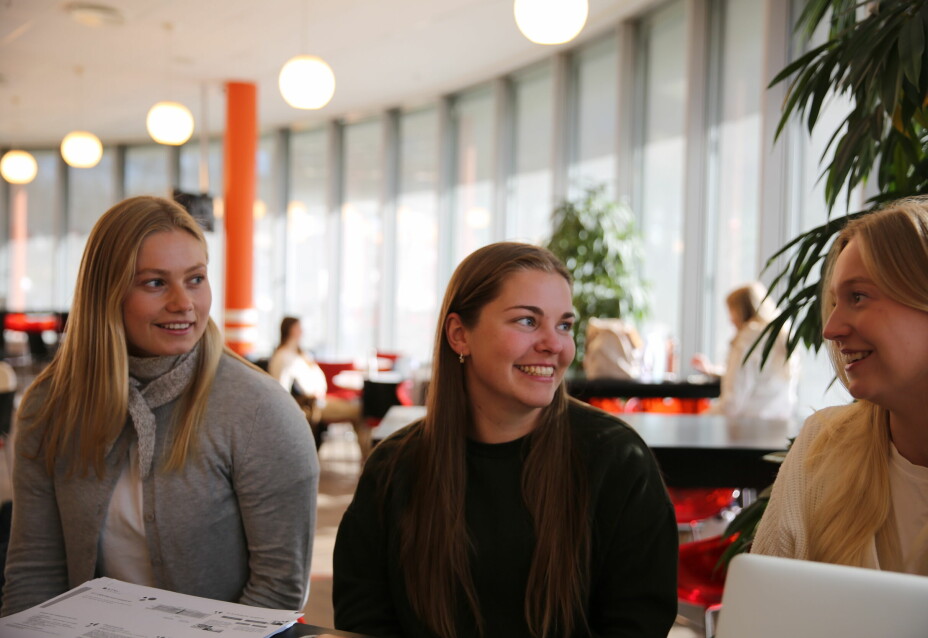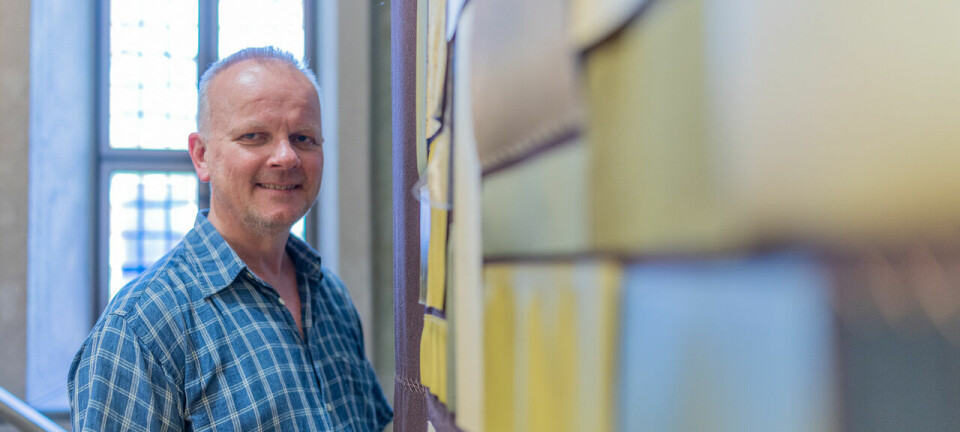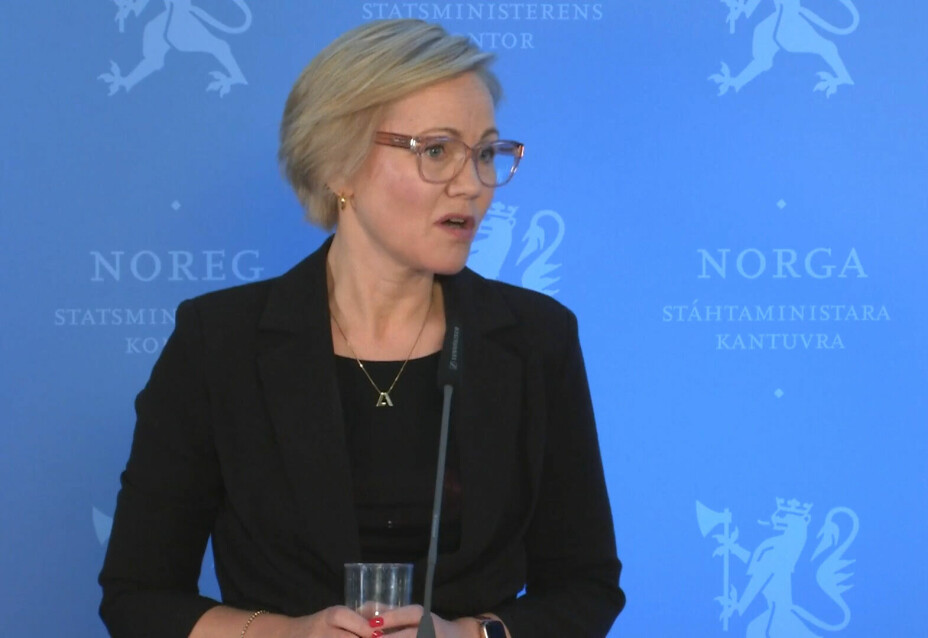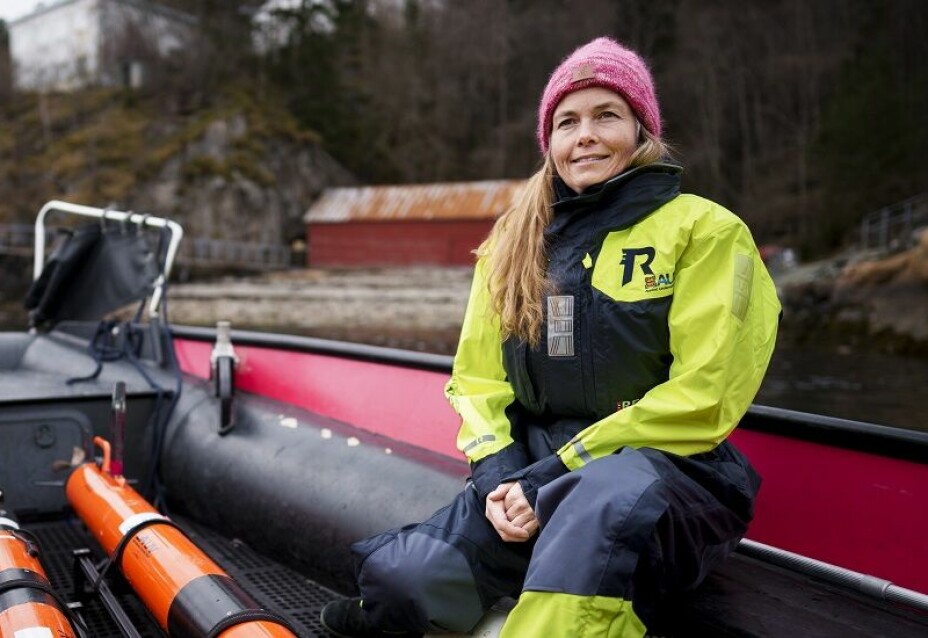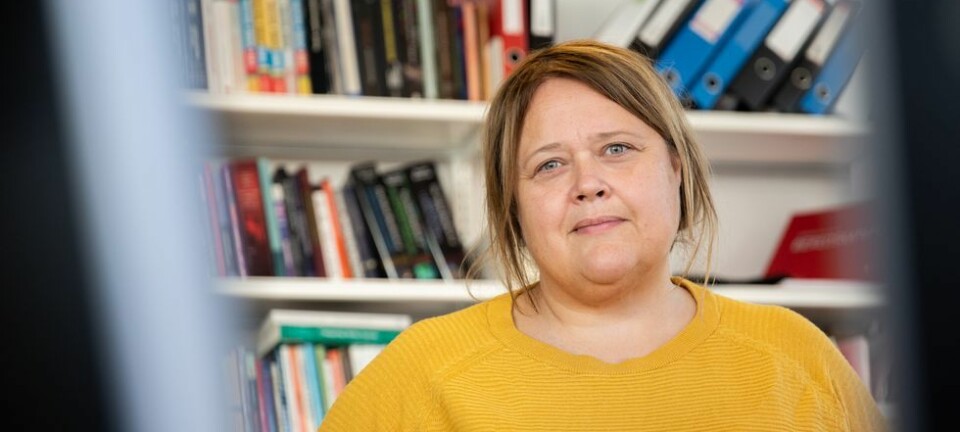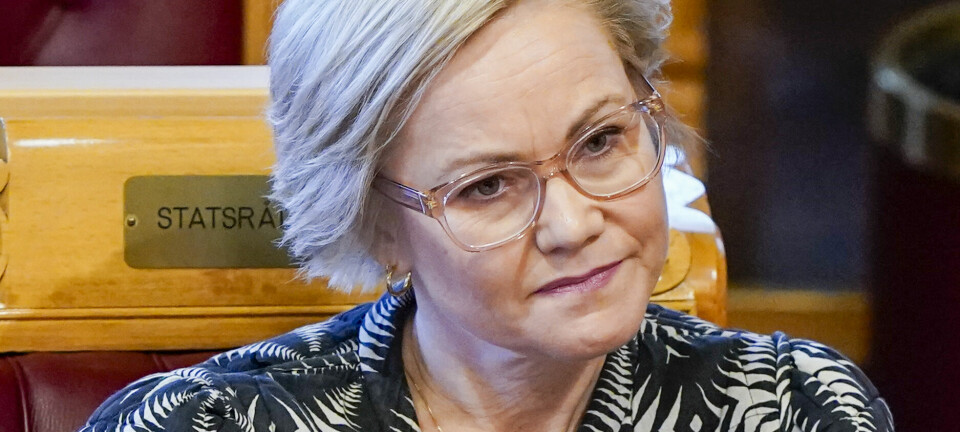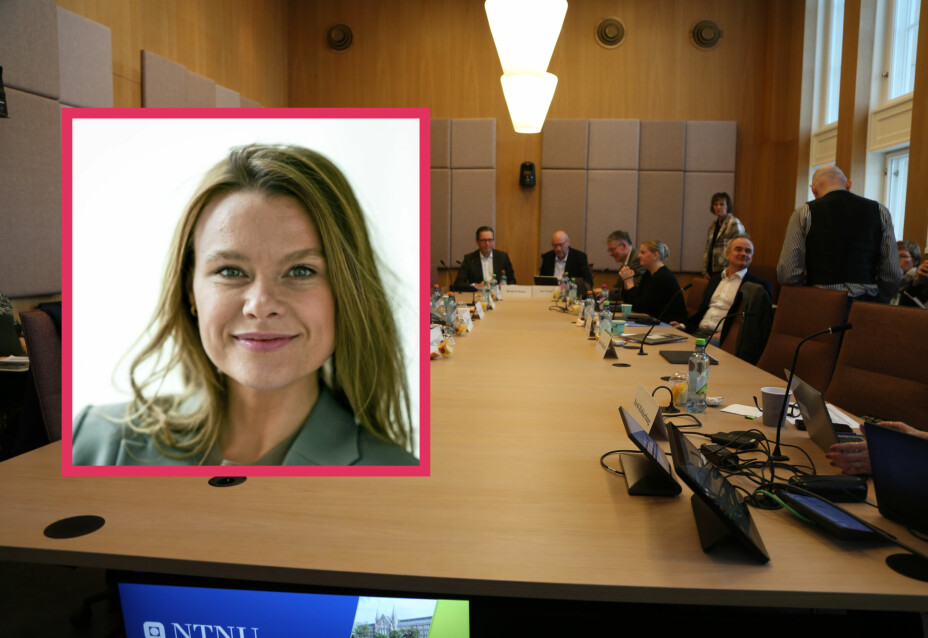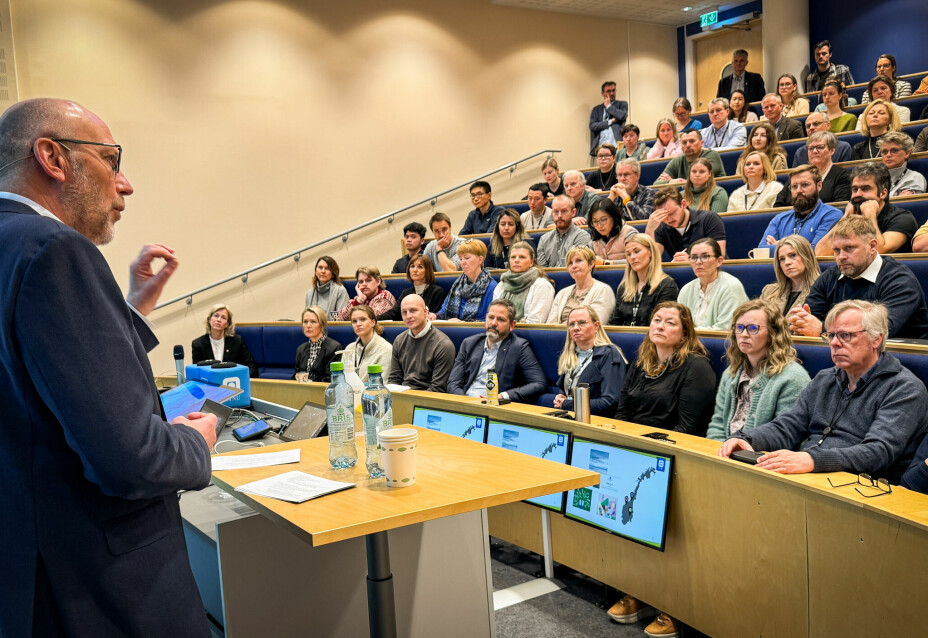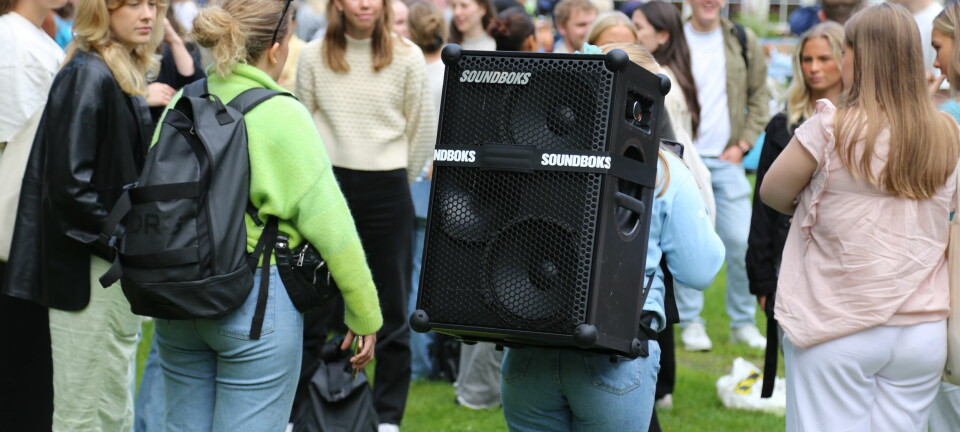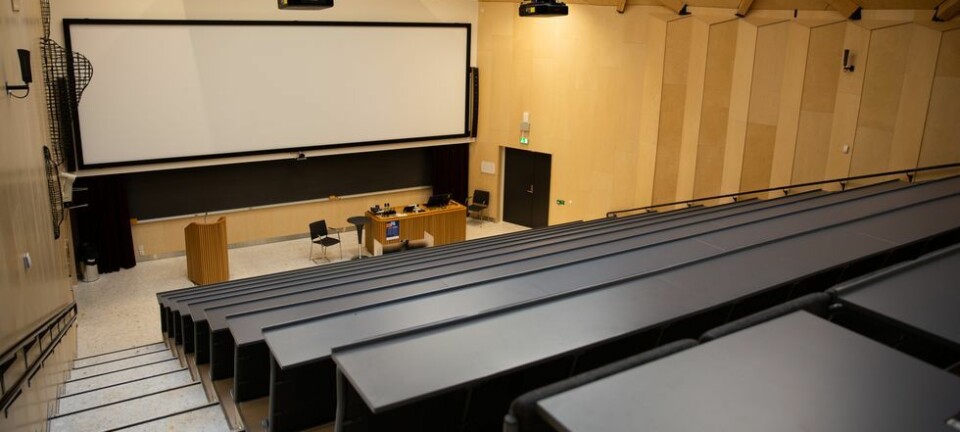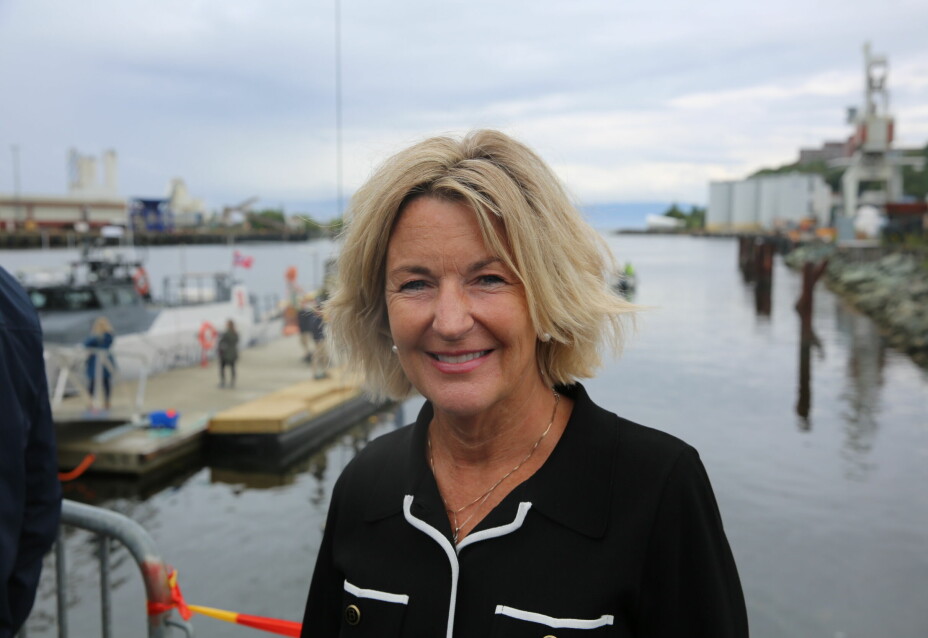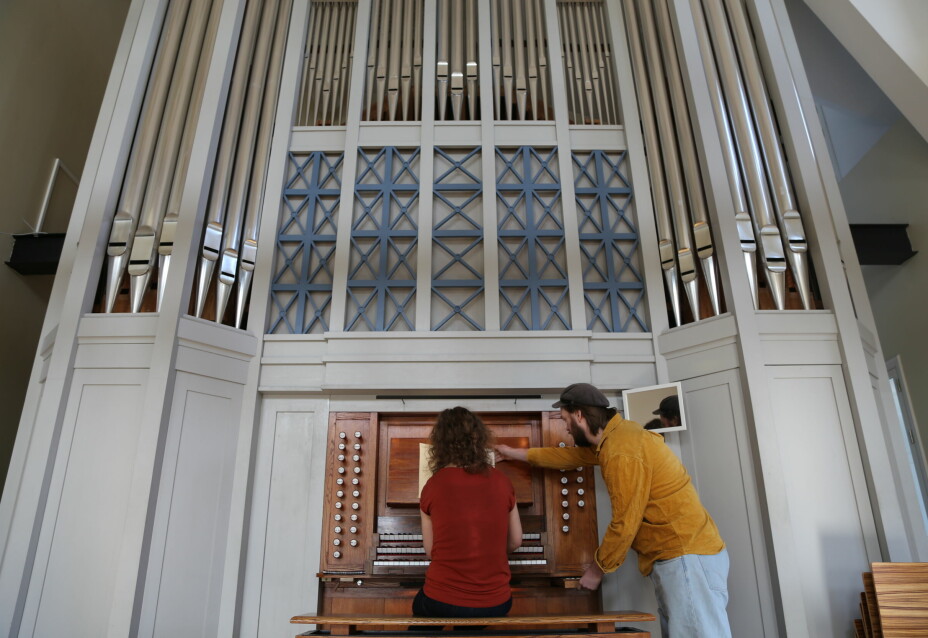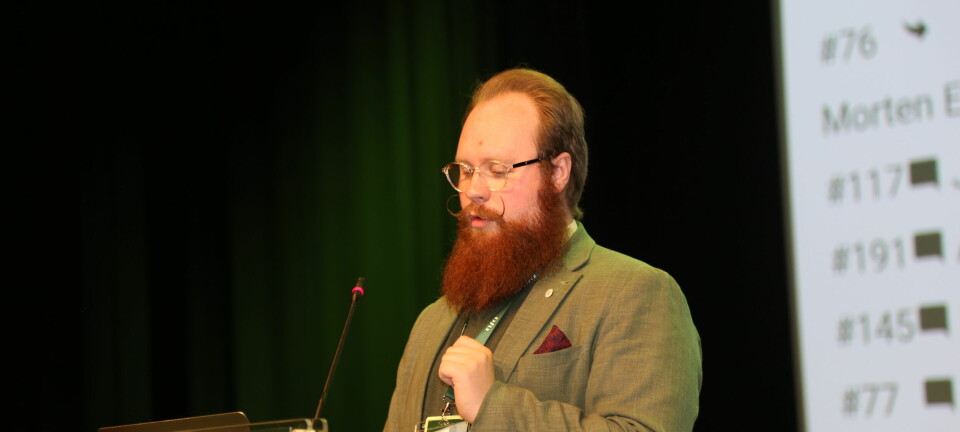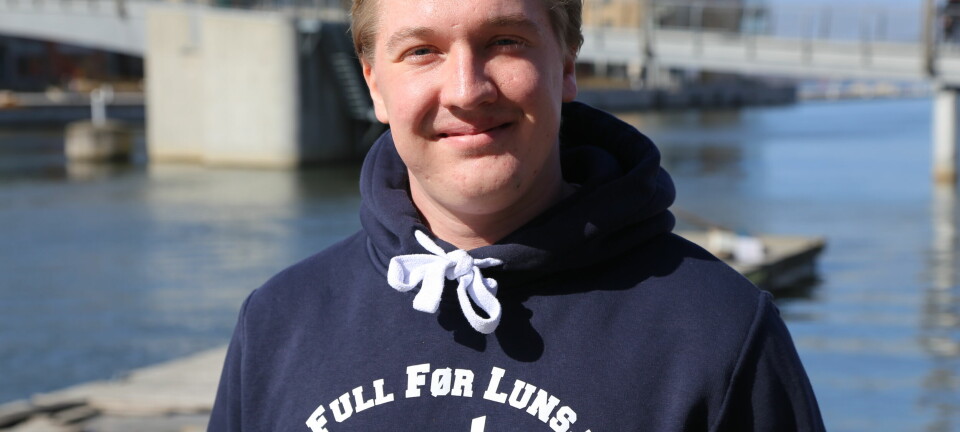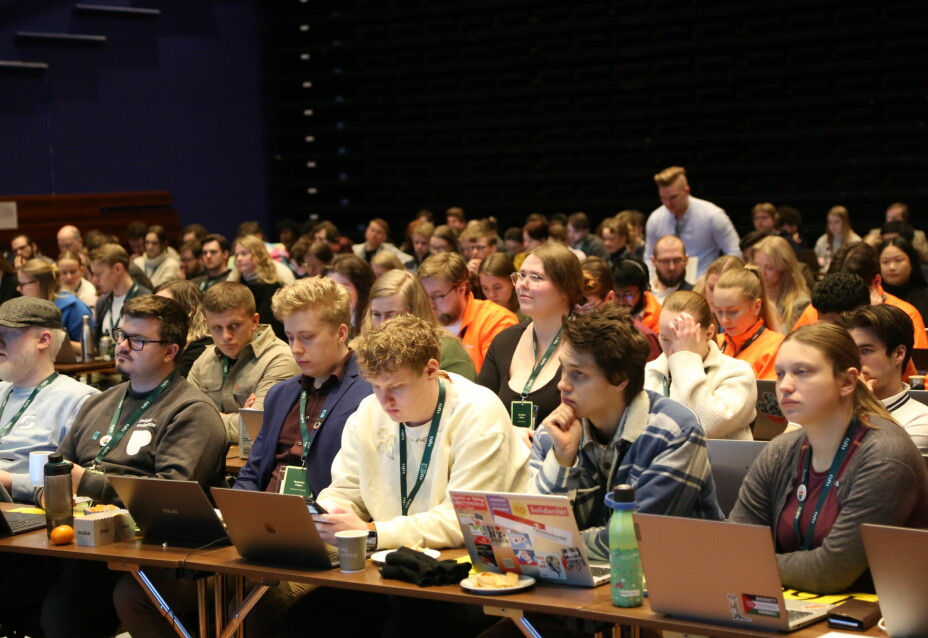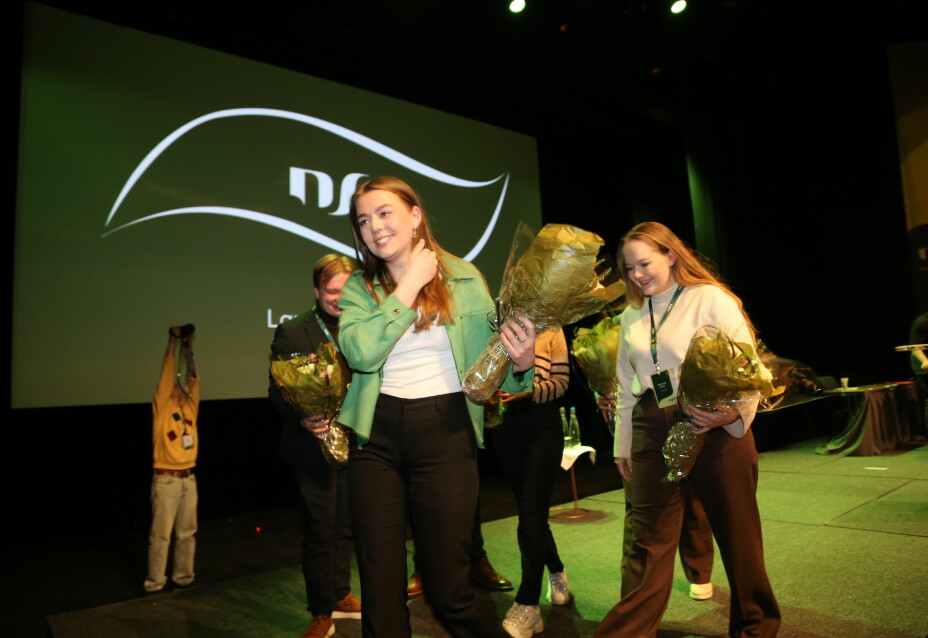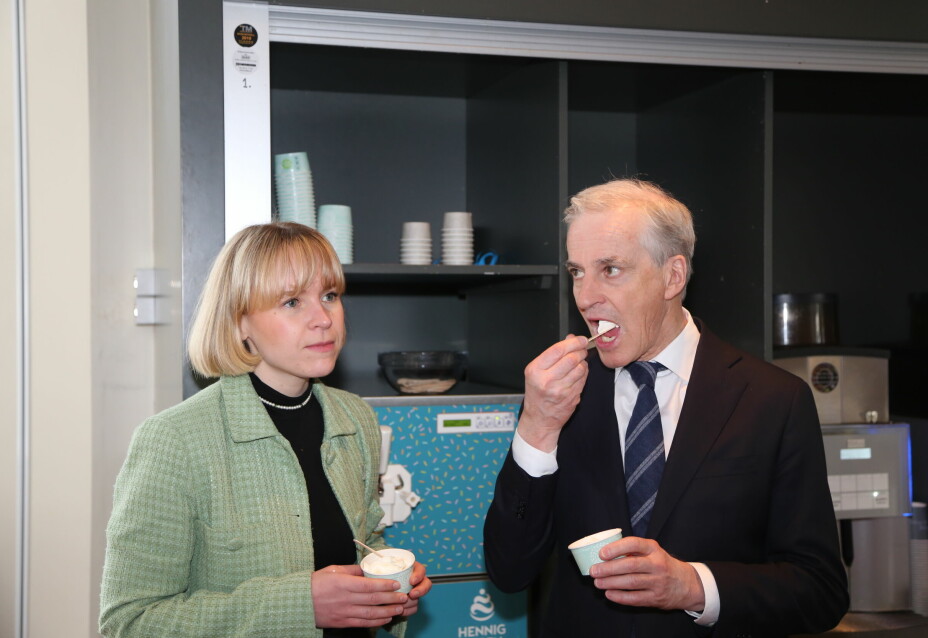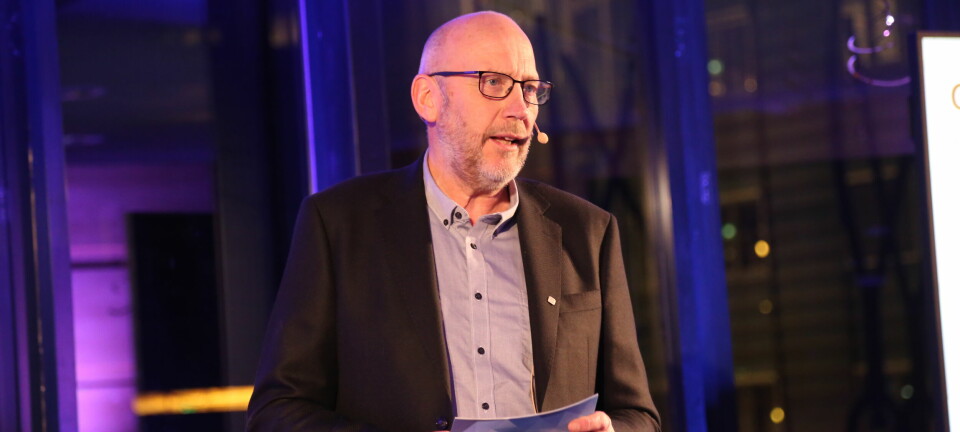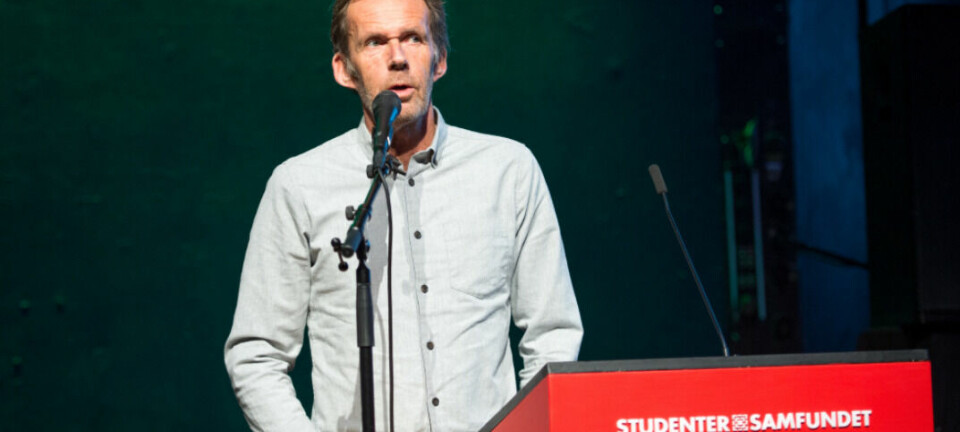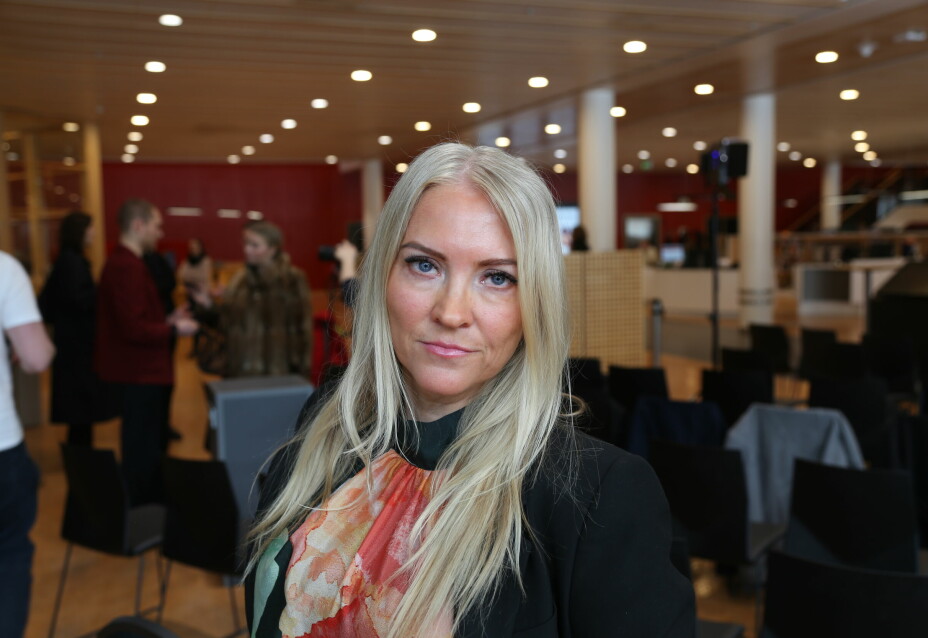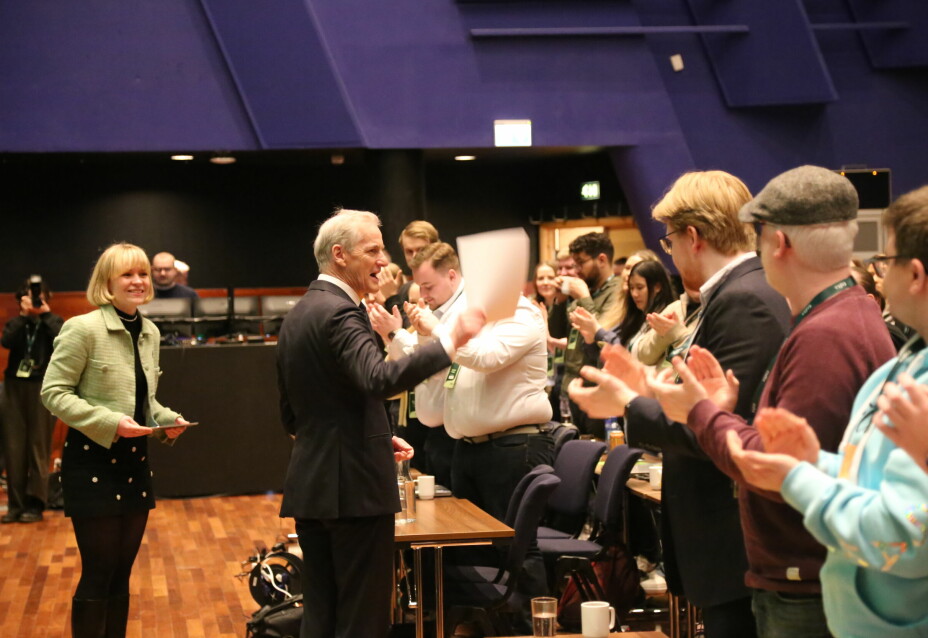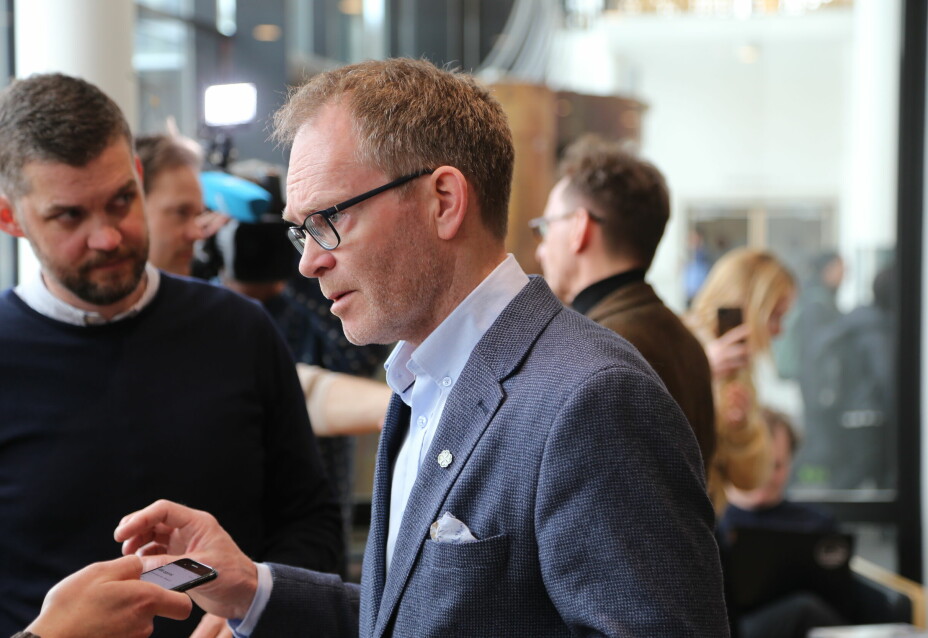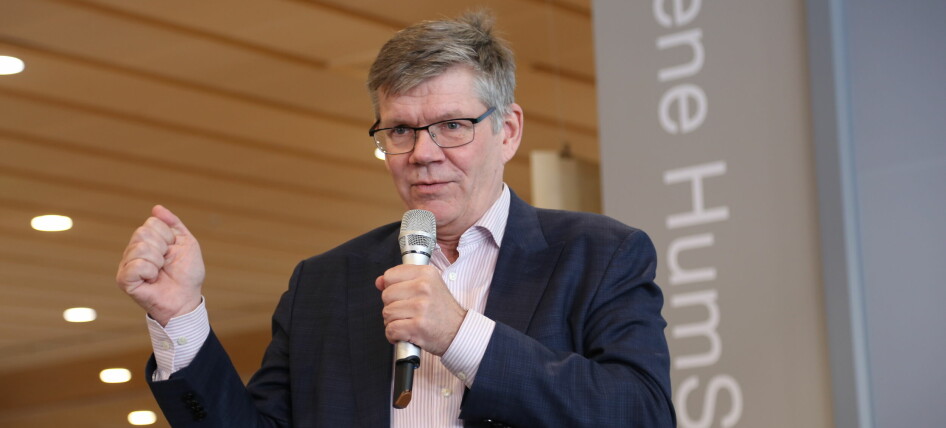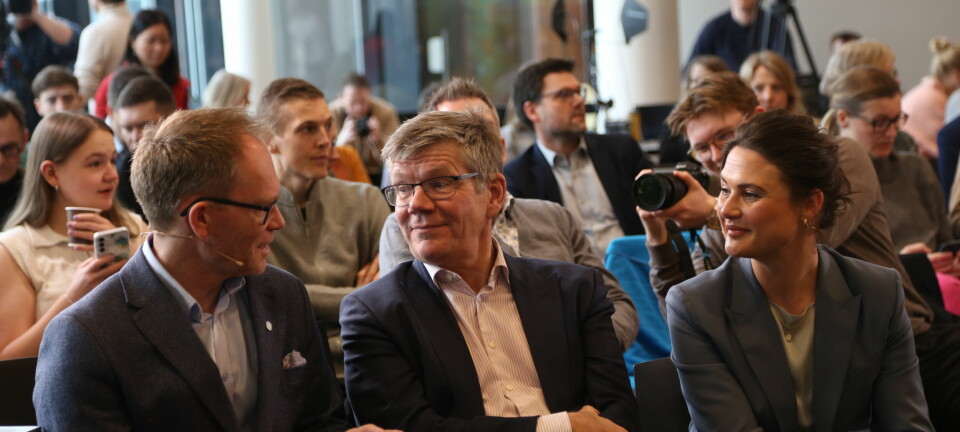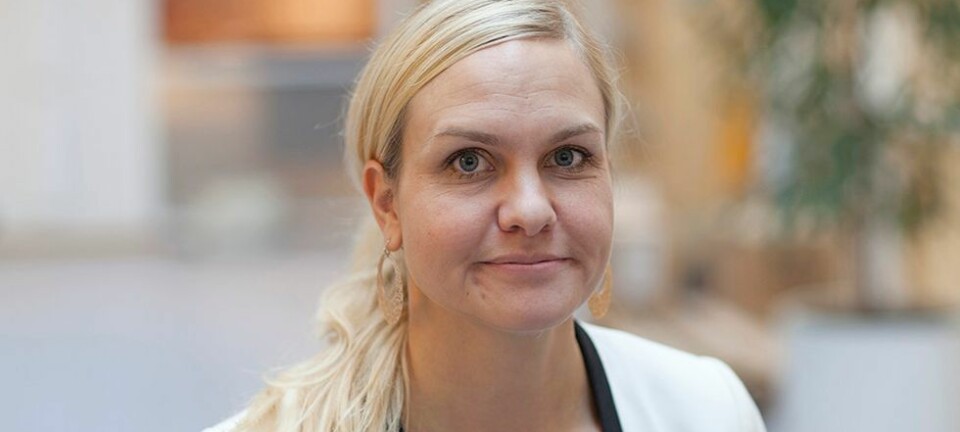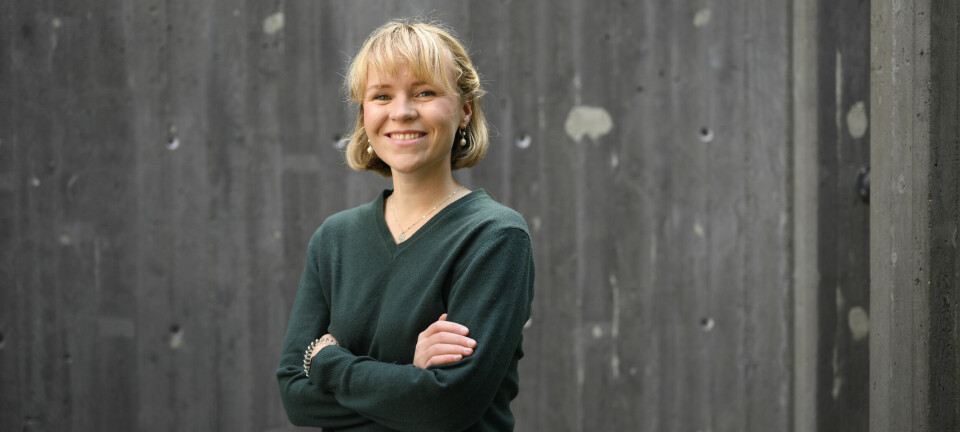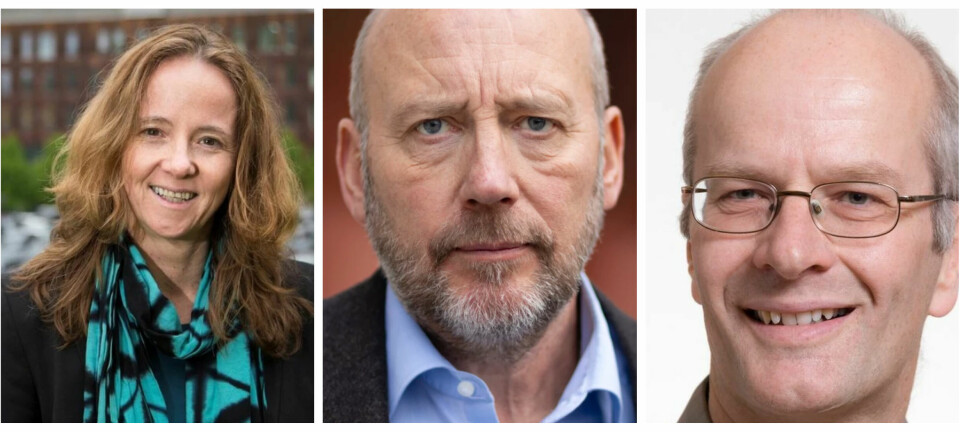Gjesteskribenten:
NTNU Sustainability – Roar or chatter
Today, public squares across Norway are expected to be filled with people joining the Climate Roar. A roar is according to the dictionary noisy, disorderly behavior; boisterous and riotous. In other words, a fine start on what marks a month full of initiatives focused on taking action for sustainable development.
Despite the apparent recognition of the importance of social and political conditions for sustainability, the research projects presented by NTNU seem to be more narrowly focused on technical approaches, argues Hilde Refstie.
Helene Mariussen
The school strikes are continuing, and cCHALLENGE kicks off their 30 days for the environment campaign in September. Here in Trondheim, the Climate Festival (2-8 sept) will take place including seminars focusing on how universities can build partnerships and work to support the UN Sustainable Development Goals (SDGS). Globally, 193 United Nations member states are meeting for the Climate Action and SDG Summit in New York. Closer to home, these initiatives, with their associated debates, strategies and actions, make up some of the focus for the students at the interdisciplinary M.Sc. in Globalization and Sustainable Development on which I teach.
Knowledge for a better world
Along with our slogan ‘Knowledge for a better world’, sustainability is one of NTNU’s strategic focus areas. According to the NTNU web page, this focus on sustainability includes environmental, economic and social aspects in its broadest sense. It is described accordingly as combatting poverty and injustice, while at the same time preserving the local and the global environment for present and future generations.
The web page goes on to list building good institutional frameworks as the number one condition for enabling a sustainable society. However, despite the apparent recognition of the importance of social and political conditions for sustainability, the research projects presented by NTNU seem to be more narrowly focused on technical approaches, such as green technologies, and how to establish frameworks and business models that encourage green value creation and transformations in business communities.
Considering NTNUs profile as a technical university this is not surprising. But this means that much of the sustainability research carried out at NTNU is confined within what Leichenko and O`Brien (2019) describe as the ‘biophysical’ discourse on sustainability. Key focus is commonly placed on market-based measures and incentives, as well as nudging individual behavior with an emphasis on attitudes and choice.
What does it take to work for sustainable development?
As argued in more critical approaches to sustainability, an overemphasis on technical and behavioral responses without proper attention to social, economic and political context are limited in their ability to address the types of structural and systemic changes needed to meet the key challenges we are facing. More and more physical and environmental scientists are therefore looking to the social sciences for theories and approaches that discuss societal transformation in terms of collective action, social struggle and political change. This is ironic at a time when the social and human sciences are increasingly under pressure to defend their relevance both worldwide, and also here in Norway.
One important measure in sustainability research and education is thus to strengthen the involvement of critical social and human sciences. This is key to achieve the necessary multidisciplinarity that complex challenges call for. Fortunately, such collaboration is already underway in many research and teaching communities as critical social, human, environmental and technology-oriented scientists increasingly choose to join forces.
Another important challenge is to uphold the role of universities as independent, non-commercial voices in sustainability debates. Knowledge production and communication is under pressure in the post-truth era and research and educational institutions are often criticized for working too closely with governments and private sector interests preventing projects from exploring more controversial sustainability measures. Examples of these measures, often described in the degrowth literature are reducing consumption, regulating environmental and social effects of trade and global production networks, and redistributing global resources. These are radical strategies that do not represent win-win solutions and require hard choices and political change.
There is a risk that technological solutions with limited impact become band-aids that divert attention from changing the dysfunctional systems and processes that got us into trouble in the first place. The prevailing managerial-technical way of thinking about sustainability therefore needs to be challenged, to explore ways in which ‘smart’ technological innovation and individual behavioral changes can connect with collective action that addresses power imbalances.
The National Student Organization (NSO) has recently called on the Norwegian government to stop its financing of petroleum research, and to redirect funds towards a renewable energy transition. The NSO statement is a reminder of the responsibilities universities carry seen in a long term and inclusive societal perspective. Some researchers, have followed suit, both in terms of criticizing research priorities, and research practice.
The clear message is that while working with industry and the private sector is necessary and important, universities have to make sure that research priorities are made independently of such collaborations even in the face of funding incentives to the contrary. This includes a continuous critical assessment of which actors we choose to work with, on what topics, for what reasons. A debate NTNU as a university seems hesitant to take.
September promises to be a good month. It is now up to NTNU if we are to make our own engagements on sustainability into a roar.



